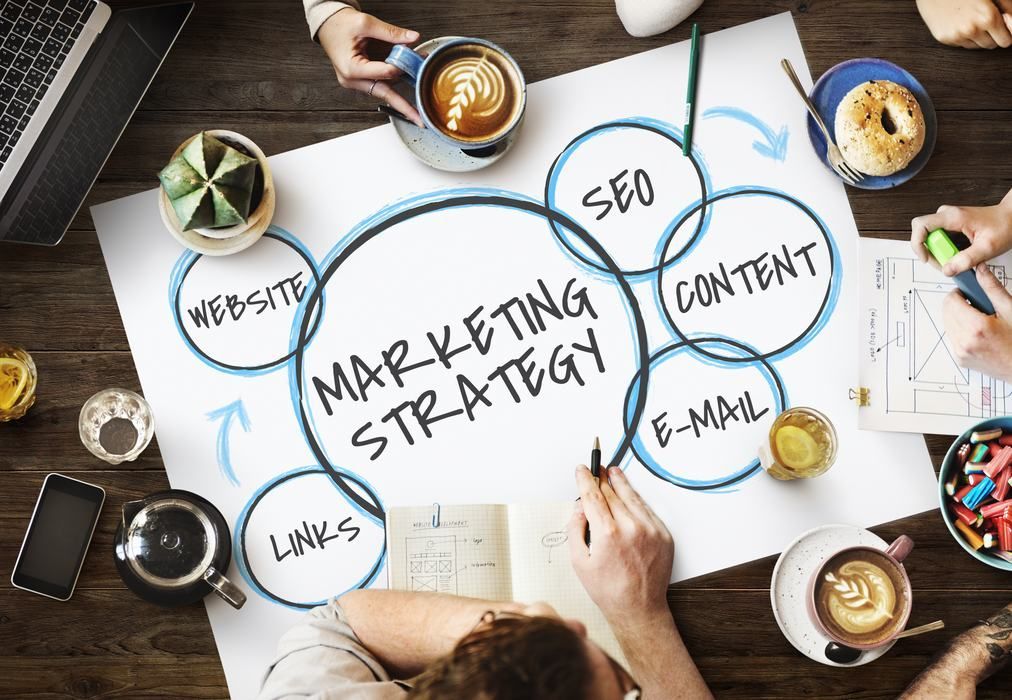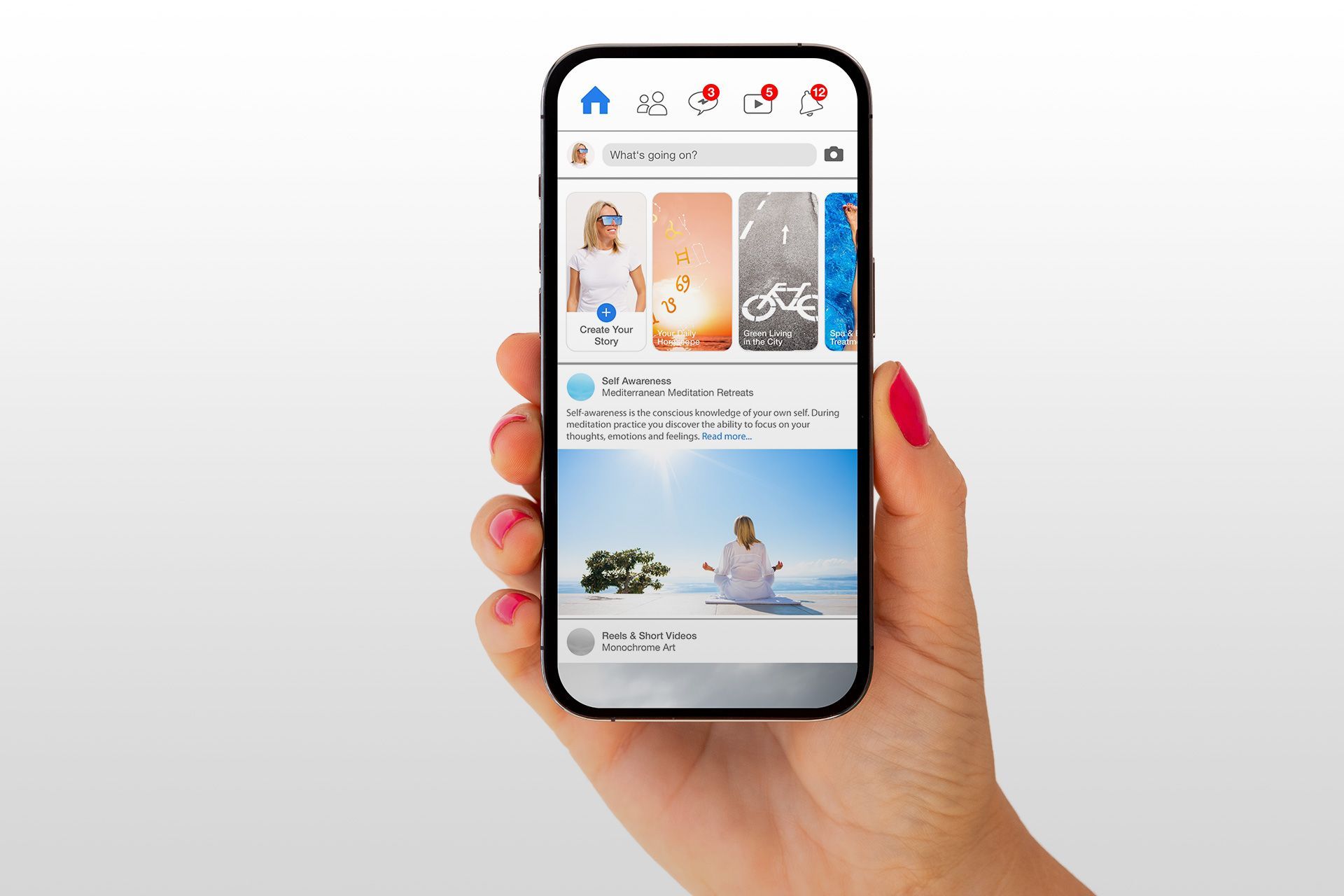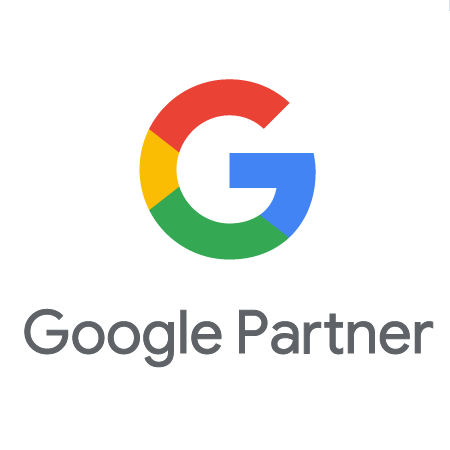SEO Marketing Examples You Can Try Today

Look, you’ve got an online venture—be it a full-fledged e-commerce site or a humble blog—and you’ve likely heard people throwing around the acronym “SEO” as if it’s the star of the internet. The truth is, it kind of is.
Search Engine Optimization, or SEO, isn’t just some jargon; it’s the lifeline your website needs to be visible on search engines like Google. As you’re probably well aware, a higher ranking on these platforms often equals more visitors—and yes, you guessed it, more money in the bank.
If you’re itching to learn some bona fide SEO tactics, you’re right where you need to be. So join us as we show you how to up your digital game.
Keywords
Let’s start with some on-page SEO action, specifically keywords. Think of keywords as your online handshake—how you introduce your content to both the internet-at-large and search engines.
Now, if you’re penning an article about, say, “water treatment,” that phrase should be scattered throughout your post: in the title, the URL slug, the meta description, and so forth.
Why? Because that’s how you signal to Google and potential readers that your content is precisely what they’ve been scouring the web for. So, give the people—and the search algorithms—what they want.
Meta Descriptions and Title Tags
Imagine you’re speed dating, and you’ve got just a few seconds to captivate someone’s attention. Meta descriptions and title tags are kind of your wingman in this scenario. They pop up in search results and give people a snapshot of what they’ll find if they click on your link.
If this “snapshot” is compelling, you increase your chances of someone actually clicking, also known as your click-through rate (CTR). So don’t skimp on these; make every word count.
Header Tags
Imagine picking up a novel, and it’s just one long block of text from start to finish—no chapters, no sections, nada. You’d probably close it after the first page, right? The same logic applies to your web content.
Header tags, ranging from H1 to H6, act as markers that
organize your content into easy-to-digest sections. Not only do they make your article more reader-friendly, but they also help search engines make sense of what your content is all about. So go ahead, compartmentalize like a pro.
Backlinks
Now let’s switch gears and focus on off-page SEO, starting with backlinks. Backlinks are like having references on a job application but for your website. These are the links from other websites that point to your content. You see, in the eyes of search engines, each backlink is essentially a thumbs-up or an endorsement of your site.
You can build this network of affirmations by doing things like sharing your content on social media platforms or writing guest posts for blogs that your target audience frequents. So start schmoozing, digitally speaking.
Social Media
Let’s say you’ve got a stellar article, video, or infographic that you’ve poured your heart into. Don’t let it gather digital dust! Sharing your content on social media is like taking it to a party—it gets to mingle, grab attention, and perhaps win over a few fans (or backlinks) in the process.
This is more than just
social media marketing; it’s an integral facet of your
overall SEO strategy. Yes, your website might be the main event, but social media platforms are the after-party that keeps the conversation going.
Sitemaps
You wouldn’t embark on a road trip without a map, right? Similarly, sitemaps serve as the roadmap for search engines to navigate through your website. When you submit a sitemap to Google Search Console, you’re essentially giving search engines a guided tour of your site, flagging down all the high-priority pages you’d like them to pay attention to.
Page Speed
Remember the days of dial-up internet, waiting minutes for a single image to load? Those days are long gone, and nobody has the patience for slow web pages anymore. If your website takes too long to load, you’re not just frustrating your visitors; you’re also giving search engines a reason to demote your site.
Quick fixes like compressing your images and utilizing browser caching can work wonders. Time waits for no one, and neither do web users.
Google Business Profile
Let’s round things out with local SEO. It’s where Google Business Profile comes into play. If you’re operating a local enterprise, staking your claim on your Google Business Profile isn’t just an option—it’s essential. Why? Because this tool is your digital anchor in your local community.
When residents in your area hit up Google looking for the services or products you offer, guess whose business will pop up in their search results? That’s right, yours! Think of your Google Business Profile as your 24/7 digital storefront, customer feedback hub, and your ‘we’re open for business’ sign with a community-centric twist.
So don’t forget to claim and update your profile, adding in all those nuggets of information that locals will find handy: your operating hours, location, services, and even photos of your charming staff or top-selling products.
The Perils of Bad SEO
Now, about those so-called “quick fixes” in SEO—stuff like cramming in keywords willy-nilly or paying for a handful of dubious backlinks. Look, we get it; the digital world moves at a breakneck pace, and the temptation to take shortcuts is very real. But don’t give in. Engaging in these risky tactics is like playing with fire.
Sure, you might see an initial uptick in traffic or rankings, but let’s be clear: cutting corners will eventually come back to haunt you. The endgame? A solid hit to your website’s
reputation and credibility. Google and other search engines are no slouches—they’ll catch on, and you’ll find yourself plummeting faster than a lead balloon in the rankings.
Your Roadmap to SEO Success
The journey of SEO is more of a marathon than a sprint. Sure, it’s not instant gratification, but the enduring value of a well-optimized website can’t be overstated. This isn’t a set-it-and-forget-it operation; it’s an ongoing commitment to enhancing your digital presence and building a lasting relationship with your audience—and yes, even search engines.
Disclaimer: The information on this website and blog is for general informational purposes only and is not professional advice. We make no guarantees of accuracy or completeness. We disclaim all liability for errors, omissions, or reliance on this content. Always consult a qualified professional for specific guidance.








